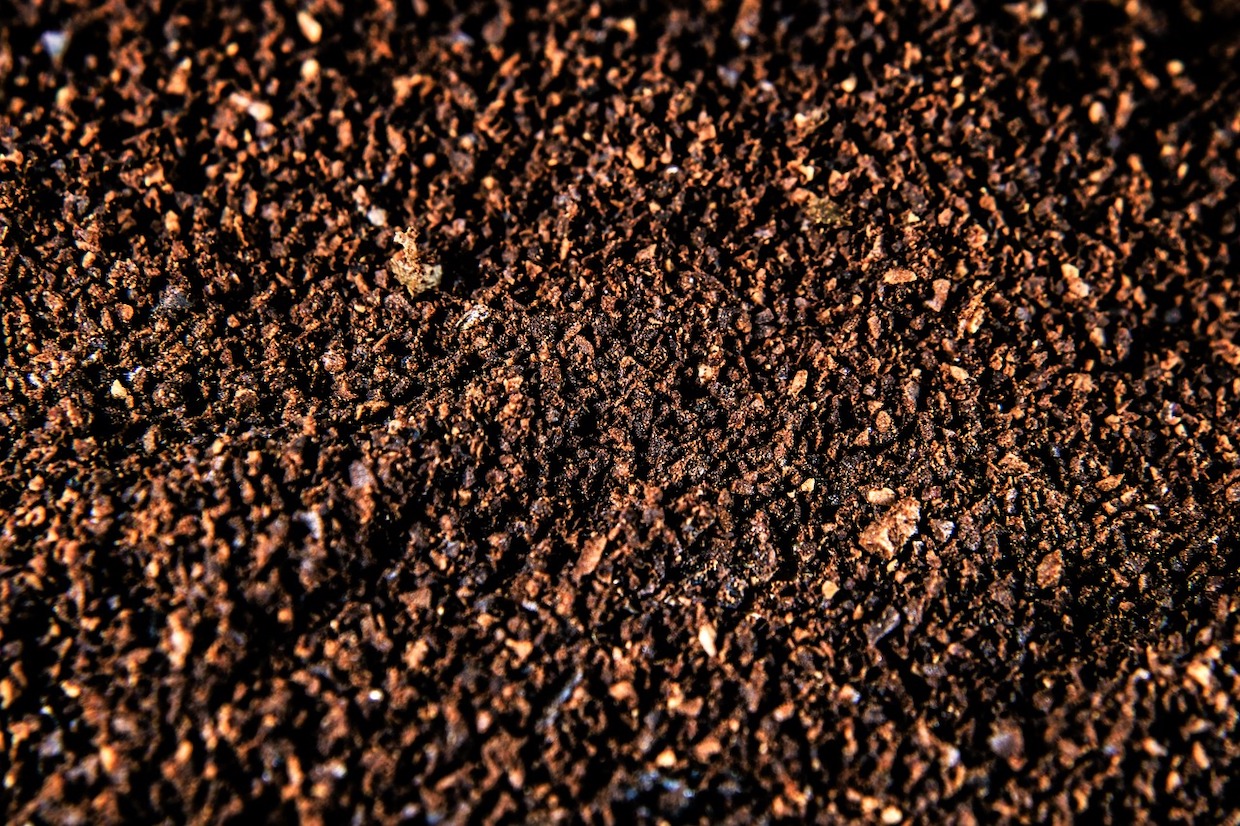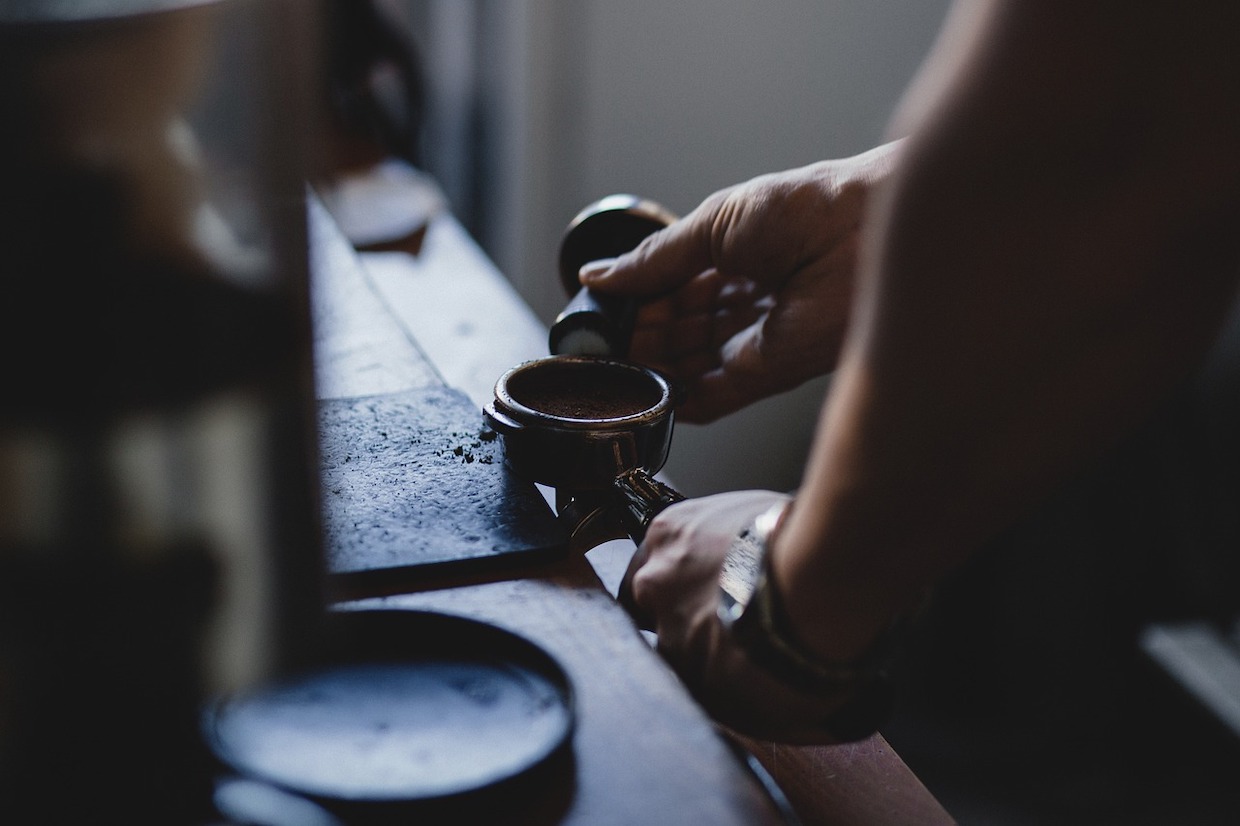A group of Australian engineers have devised a method to make concrete 30% stronger by adding spent coffee grounds that might otherwise be destined for landfills.
For the research project, a team at the Royal Melbourne Institute of Technology (RMIT University) turned to pyrolysis, a process that involves heating organic waste in the absence of oxygen.
Spent coffee grounds were converted to biochar through a low-energy, oxygen-free environment at 350°C (662°F), then added to concrete mixtures. The team found that the biochar additive actually strengthened the concrete.
“The inspiration for our work was to find an innovative way of using the large amounts of coffee waste in construction projects rather than going to landfills — to give coffee a ‘double shot’ at life,” RMIT Postdoctoral Research Fellow and lead author Rajeev Roychand said in an announcement from the university. “The disposal of organic waste poses an environmental challenge as it emits large amounts of greenhouse gases, including methane and carbon dioxide, which contribute to climate change.”
The study authors suggest that converted coffee waste might be used in place of sand in traditional concrete mixes, which may help reduce the extraction of natural sand from water banks and beds.
“There are critical and long-lasting challenges in maintaining a sustainable supply of sand due to the finite nature of resources and the environmental impacts of sand mining,” RMIT professor and corresponding author Jie Li said. “With a circular-economy approach, we could keep organic waste out of landfill and also better preserve our natural resources like sand.”
The work cited a 2020 study that noted Australia generates approximately 75,000 tons of coffee waste every year, and that 93% of the country’s cafes send their spent coffee grounds to the waste stream.
The new research was published today in the Journal of Cleaner Production.
Does your coffee business have news to share? Let DCN’s editors know here.








Comment